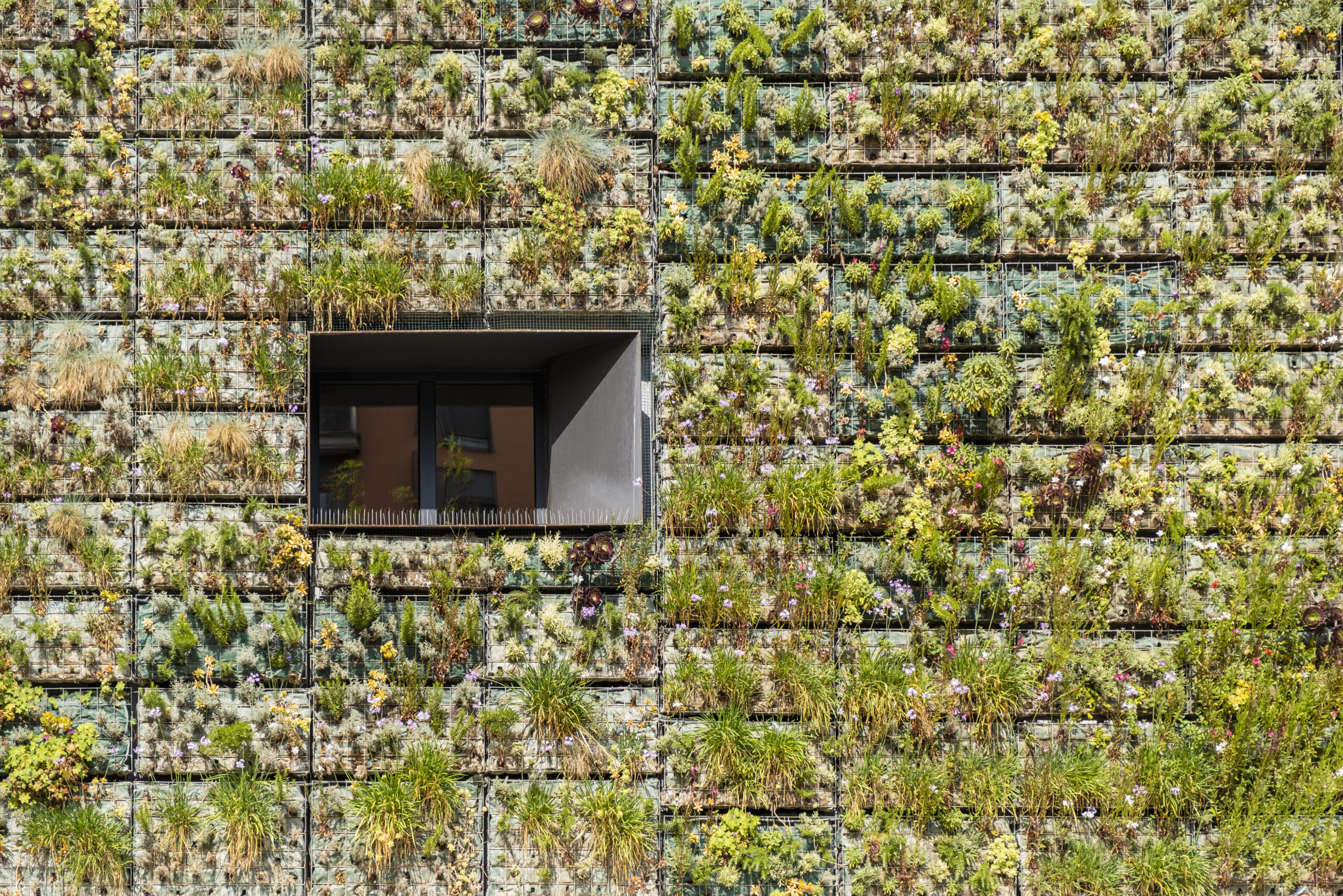International Interdisciplinary Spring School approved in collabroation with the School of Civil end Environmental Engineering of TU Dresden.

News
International Interdisciplinary Spring School Approved
The Department of Speculative Transformation, in collaboration with the School of Civil and Environmental Engineering at TU Dresden, is delighted to announce the approval of the International Interdisciplinary Spring School titled „Designing for Change: Vegetation, Open Spaces, and Social Innovation in Shrinking Cities“!
This groundbreaking event, set for the summer semester of 2025, will unite students from a range of disciplines – including Landscape Architecture, Natural Resource Management, Ecosystem Services, and Technical Design – for an immersive experience in the city of Hoyerswerda, Lusatia. The program tackles the challenges of structural change and explores sustainable strategies for reimagining urban open spaces in shrinking cities.
Objectives of the Spring School
Participants will work in interdisciplinary teams to explore the complex interactions between urban downsizing, vegetation structures, and social dynamics in Hoyerswerda. With a practice-oriented approach, students will develop innovative solutions that integrate ecological, social, and technological perspectives. The results of this collaborative effort will be showcased in a public exhibition at Hoyerswerda’s Old Town Hall.
Key Details
- Timeline: April to October 2025, with an intensive on-site week in March 2026
- Location: Hoyerswerda, Lusatia
- Themes: Structural transformation, multi-species design, research through design
- Partners: City of Hoyerswerda, Lusatian Technology Center, local stakeholders
A Unique Didactic Approach
The Spring School employs the principles of „Research-Based Learning“ and „Research through Design.“ Students benefit from an iterative design process that combines theoretical insights with hands-on implementation. The interdisciplinary setup enhances both methodological and social skills, while active engagement with local stakeholders bridges the gap between academic theory and real-world application.
Sustainability and Future Impact
The Spring School aspires to become a model for practice-oriented interdisciplinary education. It contributes to TU Dresden’s Third Mission by facilitating direct knowledge transfer between academia and society. The initiative also enriches the university’s student research culture while addressing pressing issues of sustainability and urban transformation.
Voices from the Project Team
„The Spring School enables us to make structural change tangible while working alongside students to design forward-thinking solutions for shrinking cities,“ shares project lead Nora Huxmann.
Congratulations to the project team: Andrea Augsten, Nora Huxmann, Jens Krzywinski, and Robert Knippschild for spearheading this innovative endeavor.
Stay tuned for more updates on this exciting project that combines research, education, and social impact!


